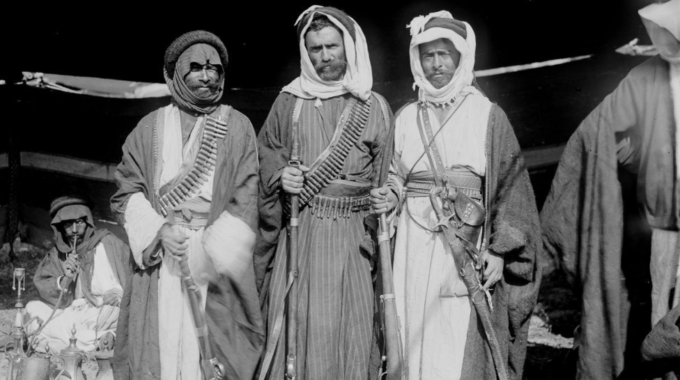Adapted from the writings of Dayan Yitzhak Grossman April 18, 2024 AP News reports: A…

Bais HaVaad on the Parsha, Parshas Vayeira
Guest Relations
Excerpted and adapted from a shiur by Rabbi Baruch Benfil
November 10, 2022
And he said, “Hashem, if it please you that I find favor in Your eyes, please pass not from before Your servant.”
Bereishis 18:3
According to Rashi, Avraham asked Hashem to wait while he fulfilled the mitzvah of hachnasas orchim. The Gemara (Shabbos 127a) derives from here that hachnasas orchim is greater than kabalas pnei haShechinah (greeting the Divine presence).
R’ Shlomo Heiman (Chidushei R’ Shlomo 37) was asked that the principle of osek bemitzvah patur min hamitzvah (one who is engaged in one mitzvah is exempt from other mitzvos) would dictate that Avraham need not interrupt the mitzvah of kabbalas pnei haShechinah to perform hachnasas orchim, even if it is the greater mitzvah. Rav Heiman cites some Rishonim, including the Rashba, that even forbid a person to interrupt a mitzvah to perform another. According to that view, why did Avraham leave to greet the guests?
Rav Heiman answers that the principle of osek bemitzvah patur min hamitzvah only applies where performing the second mitzvah would mean failing to fulfill the current one. Since stopping to greet the Shechinah does not negate the mitzvah entirely (as one is not obligated to greet the Shechinah continuously), Avraham performed hachnasas orchim instead, which is the greater mitzvah.
The Brisker Rav, R’ Yitzchak Zev Soloveitchik, answers that although kabbalas pnei haShechinah is certainly a lofty activity, it does not actually constitute a mitzvah, so the rule of osek bemitzvah does not apply.





